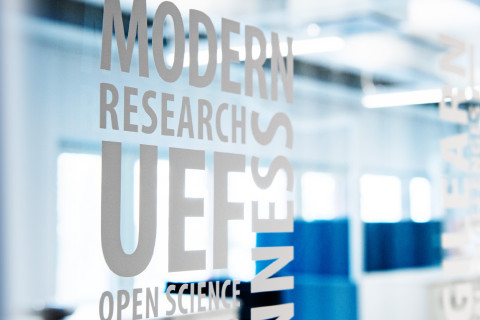Bristol-Myers Squibb has granted 790,000 euros of funding for the Cardiopath study led by Professors Johanna Kuusisto and Pasi Tavi. The Cardiopath study aims at identifying novel hypertrophic cardiomyopathy-causing mutations and elucidate the disease mechanisms related to the new mutations.
Hypertrophic cardiomyopathy (HCM) is the most common hereditary heart disease and the most common cause of sudden cardiac death in the young. About 60% of cases of hypertrophic cardiomyopathy are explained by mutations in 23 disease-causing genes identified so far, but in about 40% of cases, the genetic background of the disease is not resolved. In addition, the pathogenesis of HCM remain largely unresolved partly because of the lack of suitable human experimental models. During the recent years, patient-specific iPS cells have proven to be valuable experimental tools in studying hereditary cardiac diseases.
The Cardiopath study is based on 20 years of clinical and genetic research of Finnish cardiomyopathies by the research group. In the FinHCM Study, by targeted next-generation sequencing panel of 59 cardiomyopathy related genes, the researchers have previously identified and characterized pathogenic mutations, including four founder mutations, in about 40% of 382 Finnish index patients with HCM.
The Cardiopath study aims at identifying new HCM-causing mutations with whole genome sequencing, and to investigate mutation-specific pathogenic mechanisms in iPS cell-derived myocyte and tissue models. The results of this study will help to develop novel therapies for HCM.
For further information, please contact:
Professor Johanna Kuusisto, https://uefconnect.uef.fi/henkilo/johanna.kuusisto/
Professor Pasi Tavi, https://uefconnect.uef.fi/henkilo/pasi.tavi/


